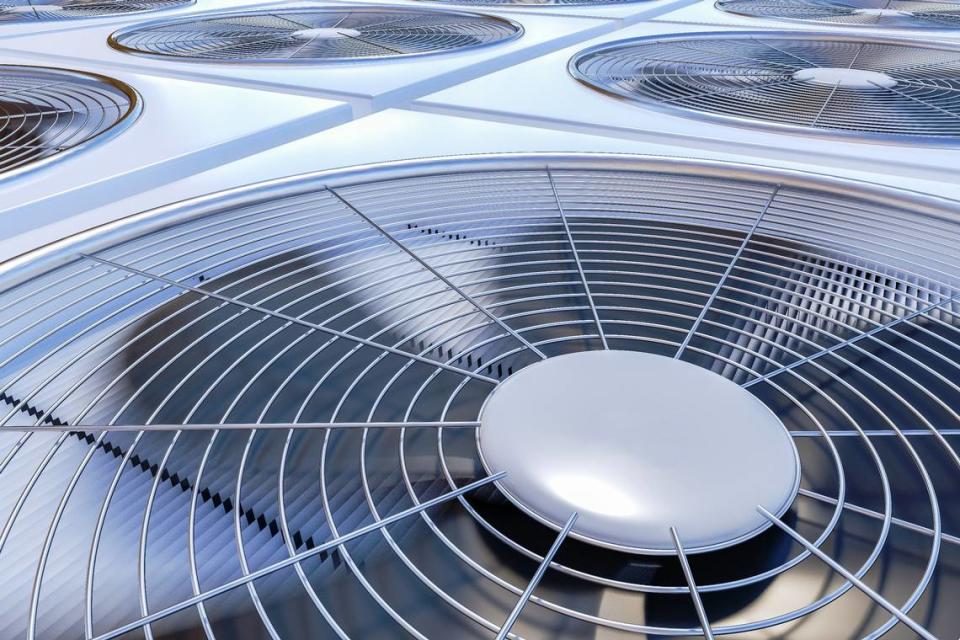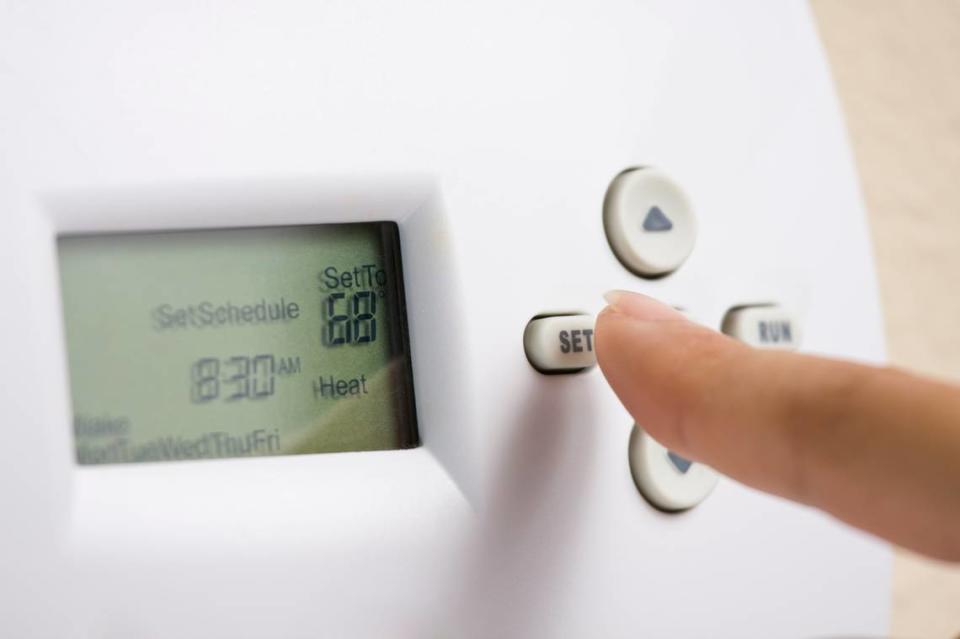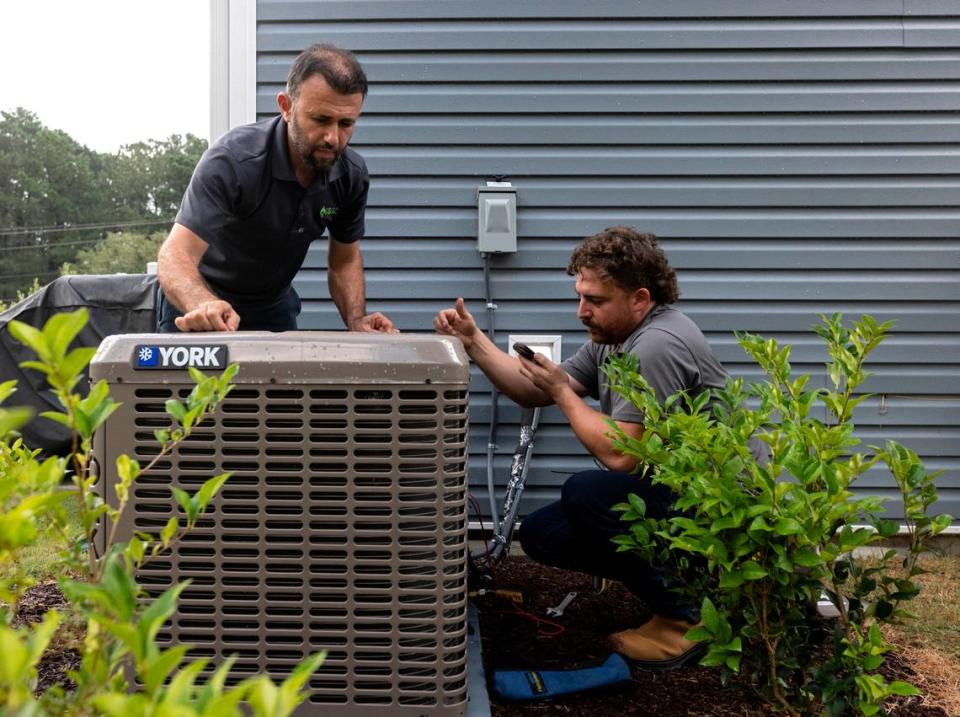Is my air conditioner broken or is it just too hot in California? Here’s what experts say
As a heat wave scorches much of California, air conditioners are working hard to keep people cool indoors.
That’s inspired a question: Are air conditioners designed for extreme heat?
Fresno is among the California cities that has been rocked by record-breaking heat. Community members there recently took to Nextdoor to ask if high outdoor temperatures can affect a home’s heating, ventilation and air conditioning system.
“Is anyone else’s air conditioner struggling to keep up in this heat? I have my thermostat set to 76 (degrees) since noon, and it hasn’t passed 83 degrees all day,” one Nextdoor user wrote in a Sunday post to the neighborhood social networking site.
“My AC won’t go past 80 degrees,” another Nextdoor user wrote on Monday. “It just won’t drop at all.”
The Sacramento Bee reached out to Deione Brown and Jamie Tingle, longtime HVAC experts and former colleagues in the Sacramento region, to find out how your air conditioner should behave during episodes of blistering heat.
We also asked how folks can get the most out of their AC system during warmer months.
Here’s what we found:

Is it too hot outside for my air conditioner to work properly?
In general, an air conditioner can cool a home to about 20 to 30 degrees less than the outdoor temperature.
That means if it’s 112 degrees outside, you expect a temperature of 82 to 92 degrees inside.
“When it is 110 degrees outside, your unit is working very hard to achieve 78 degrees inside, especially when compared to a 90-degree day,” PG&E wrote on its site.
Pacific Gas & Electric said air conditioners are typically the most used home appliance.
Brown, owner of Sacramento heating-and-cooling company Capital City Comfort, Inc., said he disagrees with PG&E’s claim “100%.”
“It’s not too hot” outside for your air conditioner to function properly, he told The Bee during a phone interview on Tuesday.

Brown, who’s served the greater Sacramento area since 2016, said how proficiently your home stays cool is based on several factors including the windows, insulation and the size of your HVAC system.
“If everything is designed correctly, the house should not struggle,” he added.
Tingle, a retired HVAC contractor in Auburn, seconded Brown’s advice.
In a phone interview with The Bee on Tuesday, Tingle said people typically run into problems during warmer months because their HVAC systems are improperly sized to combat high temperatures.
For example, he said, HVAC systems in Sacramento homes are typically designed to function in temperatures of up to 95 degrees.
“If it’s 115 degrees, the unit just won’t keep up,” said Tingle, who started in the heating and cooling business in 1978.

How can I get the most out of my home cooling system?
Increase your thermostat by a few degrees.
Brown previously told The Bee that keeping your home’s temperature between 75 and 78 degrees will reduce the risk of overworking your heating, ventilation and air conditioning system, and keep your electrical costs down.
Here’s a list of steps to take, created by Florida-based Senica Air Conditioning, to help you get the most out of your cooling system during the summertime:
Unblock your vents
Keep hot appliances away from your thermostat
Block your windows with curtains or blinds
Properly seal exposed ductwork
Remove debris from your outdoor condenser
What do you want to know about life in Sacramento? Ask our service journalism team your top-of-mind questions in the module below or email servicejournalists@sacbee.com.


